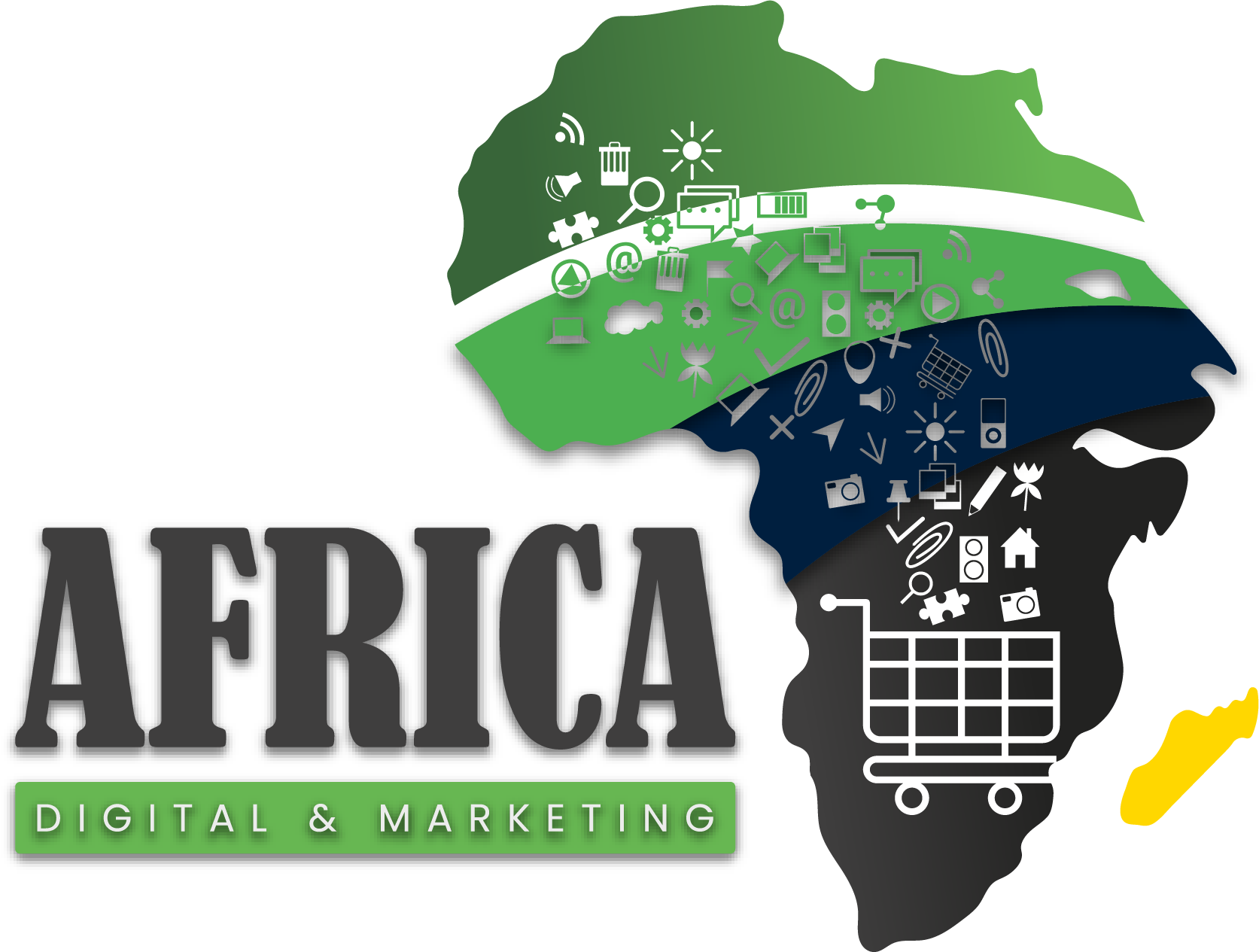
Introduction: Competition Is Not the Enemy
Running a business in Nigeria is not for the faint of heart. The market is saturated, customers are picky, and competition is fierce. Whether you run a tech startup in Lagos, a fashion brand in Aba, or a catering service in Abuja, you’re likely competing with dozens, if not hundreds, of others. But guess what? Competition isn’t always a bad thing. Competition is not the enemy. In fact, it can be the fire that forces you to innovate, improve, and stand out. It’s actually a silent mentor that pushes you to be the best version of your business
Imagine this: you run a restaurant in Lagos. Business is going fine until a new, trendier spot opens just across the street. At first, you panic. But then, you’re forced to upgrade your menu, train your staff, and revamp your customer service. A few months later, you’re not only surviving but also thriving. Why? Because competition pushed you to level up.
In Nigeria’s ever-evolving business landscape, sustainable growth is no longer optional; it’s essential. You can’t afford to just exist; you must evolve. This article explores real strategies that help businesses not only survive the heat of competition but also grow consistently. These are actionable steps you can start implementing today, whether you’re a startup in tech, a small business owner in food, or a service provider in branding.
And if you need expert guidance through this journey, Africa Digital Agency is your go-to partner. From digital marketing to brand positioning, we help businesses grow smarter, not harder.
Redefine Growth: Understand What Sustainable Success Really Means
Let’s face it: not all growth is good growth. Some businesses expand too quickly without structure and then collapse. Others focus only on profit, ignoring brand identity and customer experience. Sustainable growth is different, it’s long-term, scalable, and meaningful. Sustainable growth in business refers to the ability of a company to grow consistently and responsibly over time without overextending its resources, burning out its team, or compromising its quality or values.
In Nigeria, many entrepreneurs aim for fast wins, launching big, making noise, and cashing in. But long-lasting businesses like GTBank, Innoson Motors, and Dangote didn’t rise overnight. They grew strategically, understanding their markets, perfecting operations, and earning customer trust over time.
Here’s how to define sustainable growth:
- Steady revenue increase: Not a one-off boom, but consistent monthly and yearly progress.
- Customer retention: People return because they trust you, not just because of promos.
- Team development: Your staff grows with the business, and systems evolve. Click here to see how you can retain your employees
- Innovation readiness: You’re flexible enough to adapt when market trends shift.

Take the story of Nuli, a Nigerian casual dining and healthy beverage brand founded by Ada Osakwe. She didn’t just build a brand that sells food, she created an identity tied to health, local sourcing, and customer experience. Today, Nuli is thriving because its growth was intentional and people-focused.
The takeaway? Grow slow if you must, but grow smart.
Embrace the Power of Differentiation
When the market is crowded, blending in is a recipe for being forgotten. The brands that win are those that stand out with clarity. What makes you different? Why should people pick you over the next guy?
Your Unique Value Proposition (UVP) is your secret sauce. It’s what you offer that others can’t easily copy. It could be your brand story, your product quality, your price point, your customer service, or your speed of delivery. At a recent event, a Nigerian CEO shared an interesting story. For years, she’s stayed loyal to one tailor even after trying others. Why? At first, she couldn’t quite explain it. But over time, she realized this particular tailor didn’t just sew clothes; she went the extra mile, she washed and ironed the finished garments before handing them over.
It might seem like a small detail, but it left a lasting impression. Other tailors didn’t do this, and that extra touch made the client feel valued and cared for. That was her unique value proposition, and it became the reason she stood out in a crowded market.
Here’s how to define and amplify your differentiation:
- Study your competitors. What do they do well? What gaps do they leave?
- Know your customers deeply. What problems do they need solved?
- Tell your story. People buy into who you are, not just what you sell.
At Africa Digital Agency, we help brands craft that narrative, making sure their messaging, branding, and content stand out across digital platforms. Because in a sea of sameness, difference sells.
Master Digital Presence: If You’re Not Online, You’re Losing
Gone are the days when billboards and flyers were enough. Today, your customers are scrolling on Instagram, searching on Google, and comparing you with competitors online. If they don’t find you or if what they find is weak, you’ve already lost the sale.
Here’s the brutal truth: being invisible online is worse than doing nothing at all. Your digital presence is your storefront, even if you have a physical shop.
Here’s what you need:
- A well-designed, mobile-friendly website with clear info, services, and contact details.
- Active social media pages that showcase your brand personality, products, and proof.
- Email marketing campaigns that keep your audience updated and engaged.
- Search Engine Optimization (SEO) so people can find you easily when they search.
Think about Jumia, one of Africa’s biggest e-commerce platforms. It didn’t rise just because it sold products, it rose because it dominated online visibility.
Small businesses can do the same. A young fashion designer in Enugu increased her orders by 80% just by being consistent on Instagram-posting designs, sharing behind-the-scenes content, and interacting with followers.
At Africa Digital Agency, we don’t just build websites or run ads, we build a whole digital ecosystem around your brand. That’s what creates visibility, trust, and ultimately, growth.
Use Competition as Motivation, Not Intimidation
Let’s bust a myth: competition is not always your enemy. In fact, it’s often your best teacher. It shows you what customers want, keeps you on your toes, and forces you to innovate. In a market like Nigeria’s, where there’s always “one more option,” competition makes you better.
Here’s why competition is good:
- It pushes quality. If your jollof isn’t tasty, someone else’s is.
- It sharpens customer service. A small mistake could cost you a loyal client.
- It drives creativity. If everyone is posting product shots, maybe you can create a reel.
The key is to study your competitors without copying them. Learn from their strengths and gaps, but don’t lose your originality. Instead of obsessing over their wins, focus on how you can do your own thing better.
Think of Tony Elumelu’s philosophy of Africapitalism. Instead of competing blindly in the banking sector, he built UBA with a focus on African values and empowerment, giving the bank a clear identity in a cluttered space.
Focus on Customer Experience and Retention
It costs more to attract a new customer than to keep an existing one. That’s why successful businesses don’t just chase new clients, they invest in their existing ones.
If you’re in a competitive market like Nigeria’s, one bad experience can cost you big. Your customer will just go elsewhere, no long talk. But if your experience is consistently good, people will stay, refer others, and defend your brand even in tough times.
Here’s how to retain customers:
- Respond fast. Don’t let inquiries linger.
- Say thank you. Show appreciation through loyalty perks or even a simple message.
- Ask for feedback. Then act on it.
- Personalize service. Use their names. Celebrate milestones.
One salon in Surulere started sending birthday discount messages to clients. Simple gesture, but it brought people back, again and again.
Customer experience is now a competitive edge. So don’t just sell, connect.
Build Strong Systems and Plan for Scale
Growth is good, but unstructured growth can be deadly. Many businesses expand without systems, then collapse when things get overwhelming. You need to plan ahead, build systems, and document processes to scale
How to build a strong system:
- Train your team. They should understand how your business runs even in your absence.
- Use technology. Automate routine tasks. Use tools for inventory, customer support, and project management.
- Create SOPs (Standard Operating Procedures). Don’t keep everything in your head.
- Manage your finances. Use accounting software and get professional help when needed.
Look at Flutterwave. Before scaling into multiple countries, they had a clear product roadmap, a solid team structure, and compliance systems. That’s why they’re now Africa’s leading payments company. Whether you’re expanding into new cities or offering more services, do it with structure.
Conclusion: Grow Intentionally. Compete Confidently.
Thriving in Nigeria’s competitive business world is not about who shouts the loudest or grows the fastest. It’s about who grows smartest. Competition will always be there; what matters is how you position yourself, serve your customers, and stay adaptable.
Use the pressure to fuel your purpose. Let your difference become your advantage. Invest in your digital presence, master your value proposition, and plan for the long haul.
And remember, you don’t have to figure it all out alone.
At Africa Digital Agency, we help brands grow intentionally and sustainably. Whether you need a digital facelift, brand campaign, or a full marketing strategy, we’re here for you. Reach us here, let’s turn your business into the next big Nigerian success story.

No comment yet, add your voice below!